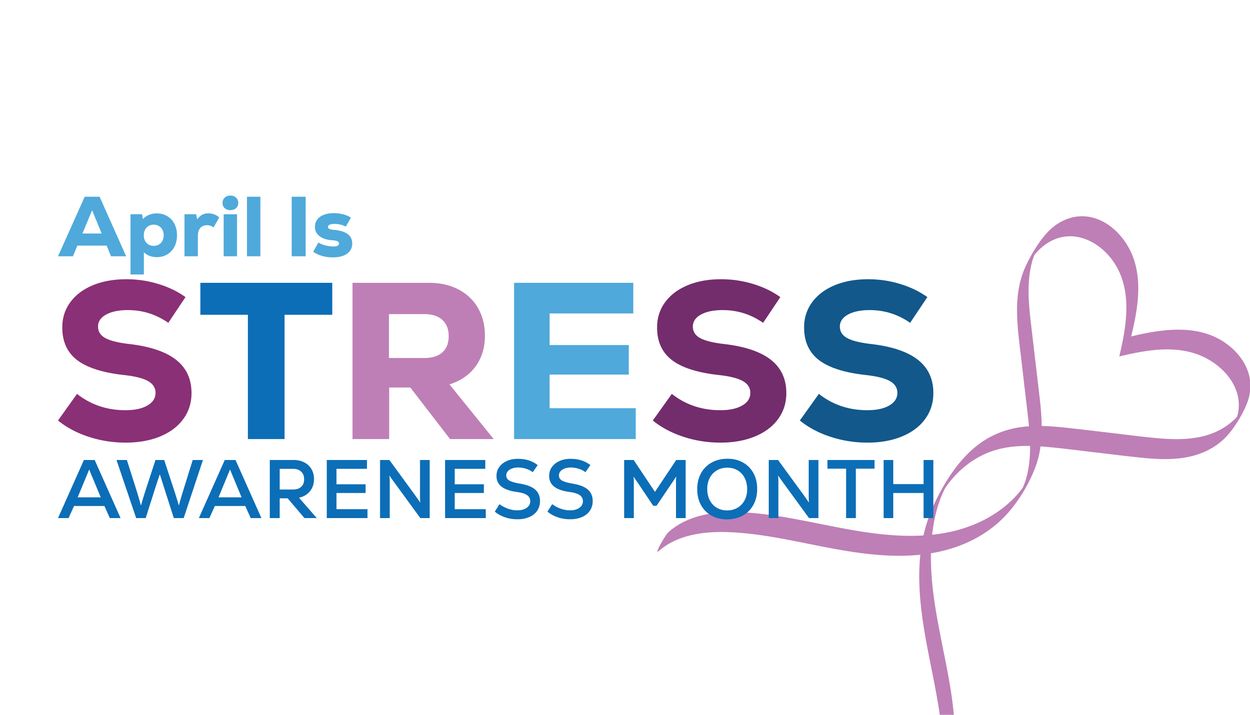The Stress Epidemic: How to Manage Stress
24th April 2025

April is Stress Awareness month, and this article will explore what stress is, why we are stressed, and the ways that One You can help you manage it.
Since “I’m stressed” has become more common than responding “I’m alright” to the British “How are you?”, it’s important to firstly define what stress is before delving into why stress has become the default response to the British pleasantry.
So, what is stress?
Stress can be defined as our body’s response to pressure, or it can occur when we’re in a situation we don’t feel we can manage or control. For example, you may feel stressed preparing for an exam or a job interview as this is a pressure where you’re typically in control of the result.
What happens to the body when we’re stressed?
When we’re stressed, our body triggers the fight or flight response, releasing hormones like adrenaline (epinephrine) and cortisol, resulting in increased heart rate, blood pressure, breathing, muscle tension, and alertness1. The NHS also lists the following as symptoms of stress:
- Headaches and/or dizziness
- Stomach problems
- Sexual problems
- Trouble concentrating
- Decision-making impairment
- Feeling overwhelmed
- Forgetfulness
- Constant worrying
Why are we so stressed?
Humans have always experienced stress and yet the word ‘stress’ appears in our vernacular now more than ever. To understand why humans are so stressed, it’s important to consider Maslow’s hierarchy of needs2.
If you live in the western world, it’s likely that all your basic needs are met. For example, we may have sufficient food supplies and a home. Yet, if we refer to Maslow’s hierarchy, we may still experience stress at the self-esteem and self-actualization levels. For example, nowadays we worry about how successful we are or our external appearance. Due to the abstract, immaterial nature of these anxieties, we experience levels of stress that are disproportionate to the threat faced.
How can we manage stress?
Despite the current climate’s role in compounding our stress levels, it’s important that we take responsibility for our personal stressors, set boundaries, and find ways to manage our own stress. Let’s look at some ways to reduce stress and how One You can help!
Alcohol & Smoking Reduction
Drinking alcohol and smoking are common coping mechanisms used to handle stress. However, using these substances as tools can inadvertently worsen stress, lead to poor health, and can result in dependence. If you’re looking to reduce your alcohol consumption and/or quit smoking, One You offer Drink Less, Cut Down to Quit and Be Tobacco Free programmes to help reduce unhealthy coping mechanisms.
If you are a resident of Kensington and Chelsea or Westminster, you can sign up to our free support here and get one step closer to leading a less stressful life.
Physical activity
One of the most noticeable relievers of stress results from engaging in physical activity. Moving more can take you out of your own head, place you in the present, and builds resilience by reminding you that you can push your physical and mental capabilities. One You offer Move More, a ten-week behavioural change programme helping you to incorporate movement into everyday life, and Getting Active, a programme offering group physical activity sessions.
Diet
Another way to manage stress is by sustaining a healthy, balanced diet. To avoid energy and mood crashes throughout the day and promote positive self-image, it’s important to eat sufficient protein and fibre, avoid processed foods and saturated fats, drink two Liters of water daily and swap refined grains for whole grains. One You’s Eat Well programme offers coaching helping you develop better eating habits whilst our Lose Weight programme offers adult weight management classes to help participants lose weight.
Mindfulness & Sleep
It’s important to stay mindful, whether that be taking five minutes every day to appreciate your surroundings, committing to a mindful walk, or partaking in a meditation, you are bringing yourself back to the present moment and preventing yourself from negative rumination patterns. Likewise, getting between seven-nine hours of quality sleep each night is essential to managing daily stressors. Both of One You’s Healthy Hearts & Minds and Making Positive Change programmes help participants to develop stress management tools, practice mindfulness techniques, and better sleep hygiene.
